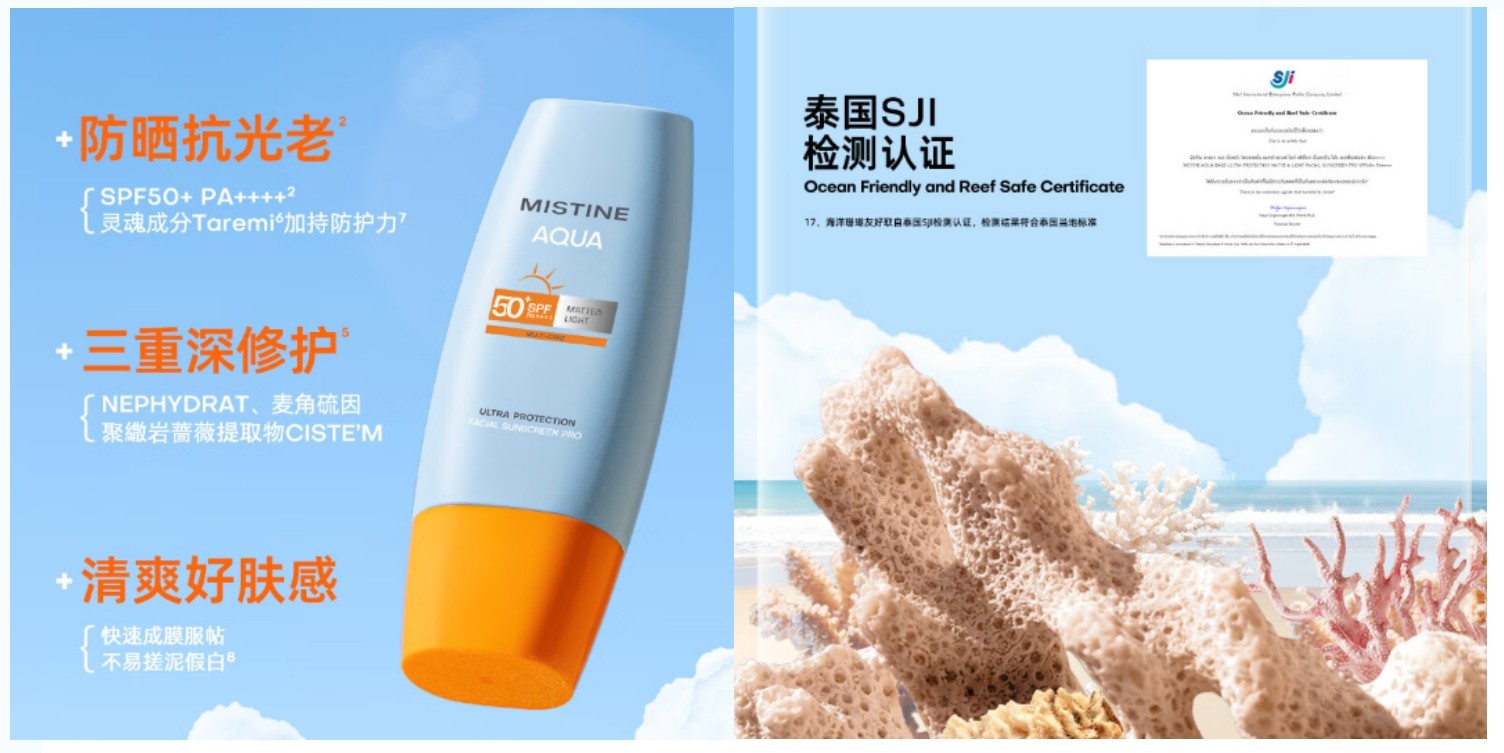In recent years, the beauty industry has undergone a significant transformation, with terms like "low-carbon," "eco-friendly," "sustainable," and "green" emerging as keywords of development. The concept of "sustainable beauty" has progressively woven itself into the entire supply chain, encompassing the research and development of sustainable raw materials, the adoption of low-carbon practices in manufacturing, and the recycling of product packaging materials. Among these efforts, the pursuit of innovative green materials stands out as a crucial driver propelling the beauty industry toward sustainable growth. Notably, a "green revolution" is unfolding in the upstream sector.
Upcycling of Raw Materials to Reduce Waste
The notion of upcycling revolves around the efficient utilization of valuable ingredients derived from plant by-products, agricultural waste, and discarded food items. This approach not only reduces costs but also minimizes waste. For example, coffee grounds, olive oil waste, or fruit peels can be upcycled into precious essential oils, and then applied to a wide range of natural and organic beauty products. One notable player in this movement is Farmacy, a US natural skincare brand renowned for sourcing organic ingredients and advocating the upcycling of raw materials to minimize waste. Its 10% Niacinamide Night Mask, for instance, incorporates upcycled ingredients extracted from discarded blueberry seeds. Besides, Symrise has introduced SymFerment, a sustainable skincare ingredient crafted from the by-products of specific lactic acid bacterial strains' fermentation. This ingredient brilliantly combines efficacy with a reduced environmental footprint.

Data shows that upcycled ingredients have seen an expanding market, with a CAGR of 5.6% from 2017 to 2021. Projections indicate that the global upcycled ingredients market will surpass USD 512 million by 2023. The pursuit of waste reduction in food processing, heightened environmental awareness, and the growing demand for natural and organic products will continue to drive growth in this market.
Protecting Marine Ecosystems with Ocean-Friendly Ingredients
The beauty industry also strives to address environmental challenges on marine ecosystems. Startlingly, approximately 6,000 tons of sunscreen enter the ocean each year, causing severe ecological damage. Over ten chemical sunscreen ingredients, including oxybenzone, cinnamates, and octocrylene, have been identified as culprits harming marine environments. Over 30 countries worldwide have implemented regulations to restrict the use of these harmful sunscreen products near coral reefs.
In response to this critical issue, the concept of ocean-friendly sunscreen ingredients has emerged. Many naturally derived ingredients, particularly certain plant and algae extracts, offer UV protection, UV damage mitigation, and UV absorption properties. MISTINE, a Thai sunscreen brand, has introduced an ocean-friendly sunscreen ingredient, Taremi™, which is derived from oryza sativa bran. This ingredient is claimed to resist UVB-induced erythema as well as combatting light damage and free radicals. Chinese domestic brand Dr. YU has also launched an ocean-friendly sunscreen product.

Tapping into the Potential of Synthetic Biological Ingredients
The beauty industry is ushering in a new era as synthetic biotechnology advances. The advantages of using biological organisms such as yeast, bacteria, or algae to synthesize active ingredients are becoming increasingly apparent. This production process is safer, more efficient and eco-friendly, addressing concerns associated with high energy consumption and pollution linked to conventional chemical production.
Synthetic biotechnology opens up the potential to create various cosmetic ingredients, paving the way for the innovation and large-scale production of effective and eco-friendly ingredients. In 2022, DSM announced its biotech breakthrough with the launch of the world's first bio-based Vitamin A, produced by using a specially developed strain of yeast that converts a renewable carbon source into Vitamin A. This pioneering bio-based method significantly reduces carbon emissions and waste in the production of vitamin A. Moreover, in June 2023, L'Oréal's venture capital fund, BOLD, invested in biotech company Debut to collaborate on active ingredients. Debut’s advanced cell-free biomanufacturing technology streamlines complexity and increases production efficiency, driving innovation with reduced resource-intensity and environmental impact. Chinese enterprises including Bloomage, Giant Biogene, SIYOMICRO, Jinbo, etc., also take the leading role in the research and application of active ingredients like recombinant collagen, hyaluronic acid, erythrothioneine, bioactive peptides, and more.
With more enterprises investing in synthetic biotechnology, the synthetic biological ingredients market is experiencing remarkable growth. Data shows the global synthetic biological ingredients market reached USD 7.37 billion in 2021, with a robust CAGR of 83.6% from 2016 to 2021. Projections suggest that this market will exceed USD 20 billion by 2025.

In conclusion, sustainable development has become a common focus in the beauty industry. More enterprises and brands are venturing into this field to differentiate their products and capture the eco-conscious consumer. Looking ahead, as eco-friendly materials research and development continue to advance, the beauty industry's path toward sustainability will undoubtedly move toward a more scientific and efficient direction.
**Disclaimer: All images used in the article are from the Internet
Recommended Reading: China's Clean Beauty Market Insights and Trends Analysis














